State Capacity and Eight Parking Spaces
Ezra Klein and Derek Thompson’s book, Abundance, makes a compelling case that American government has systematically eroded its own capacity to build things. Through decades of well-intentioned regulations, environmental reviews, and bureaucratic processes, we’ve created a system that prioritizes blocking bad projects over enabling good ones. The result is a country that can’t build high-speed rail, can’t streamline housing development, and struggles with even basic infrastructure improvements.
It’s a compelling argument about mega-projects and national priorities. But you don’t need to look at California’s failed high-speed rail or New York City’s decades-long 2nd Avenue Subway project to see this dynamic in action. Sometimes the failure of state capacity is perfectly illustrated by something much smaller: eight parking spaces.
In March 2022, Seattle City Light announced plans for a small EV charging station in West Seattle’s Morgan Junction. The project was refreshingly straightforward: convert a tiny city-owned lot into eight EV charging spaces. Construction would begin in Q4 2022 and take approximately three months. The charging station would be operational by March 2023.



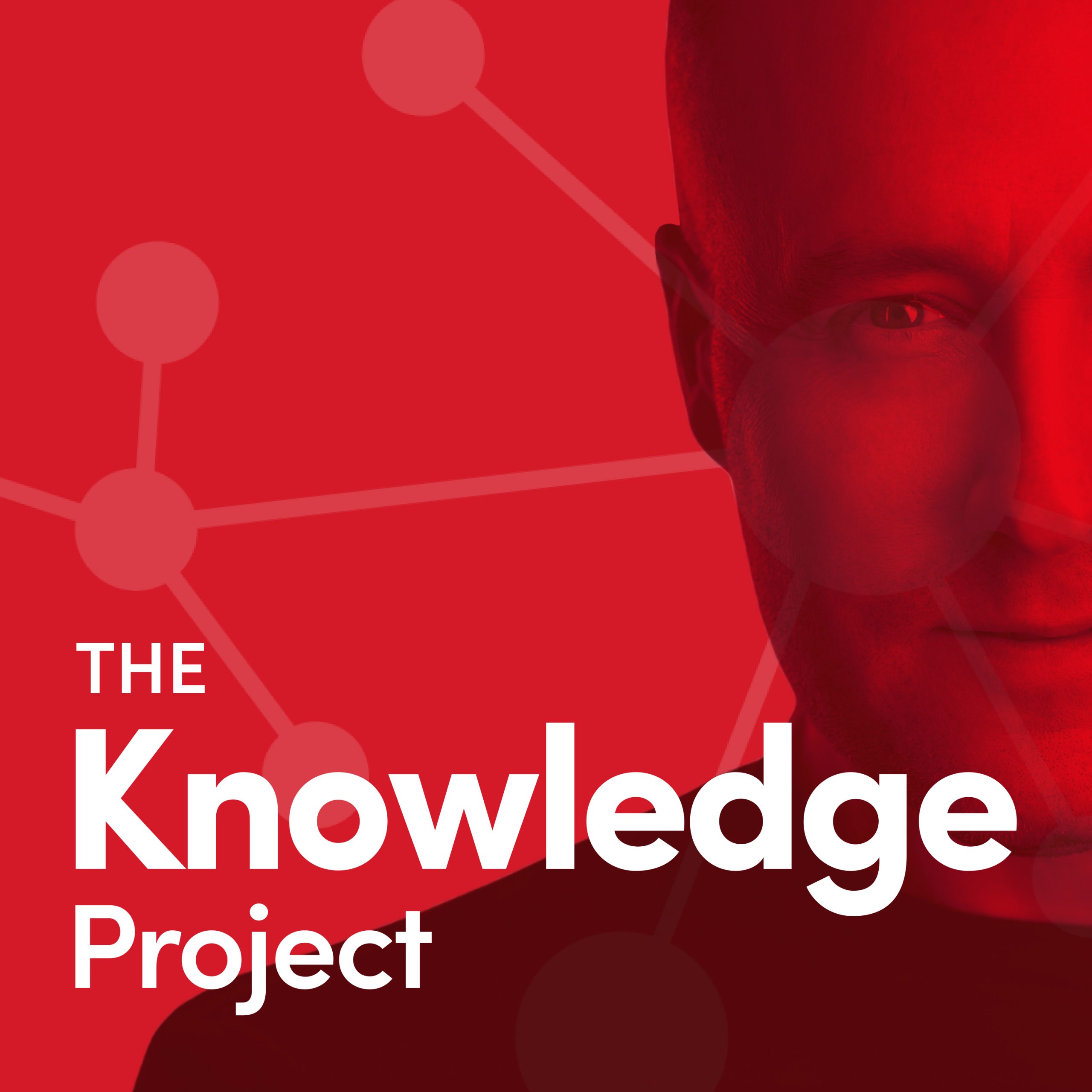
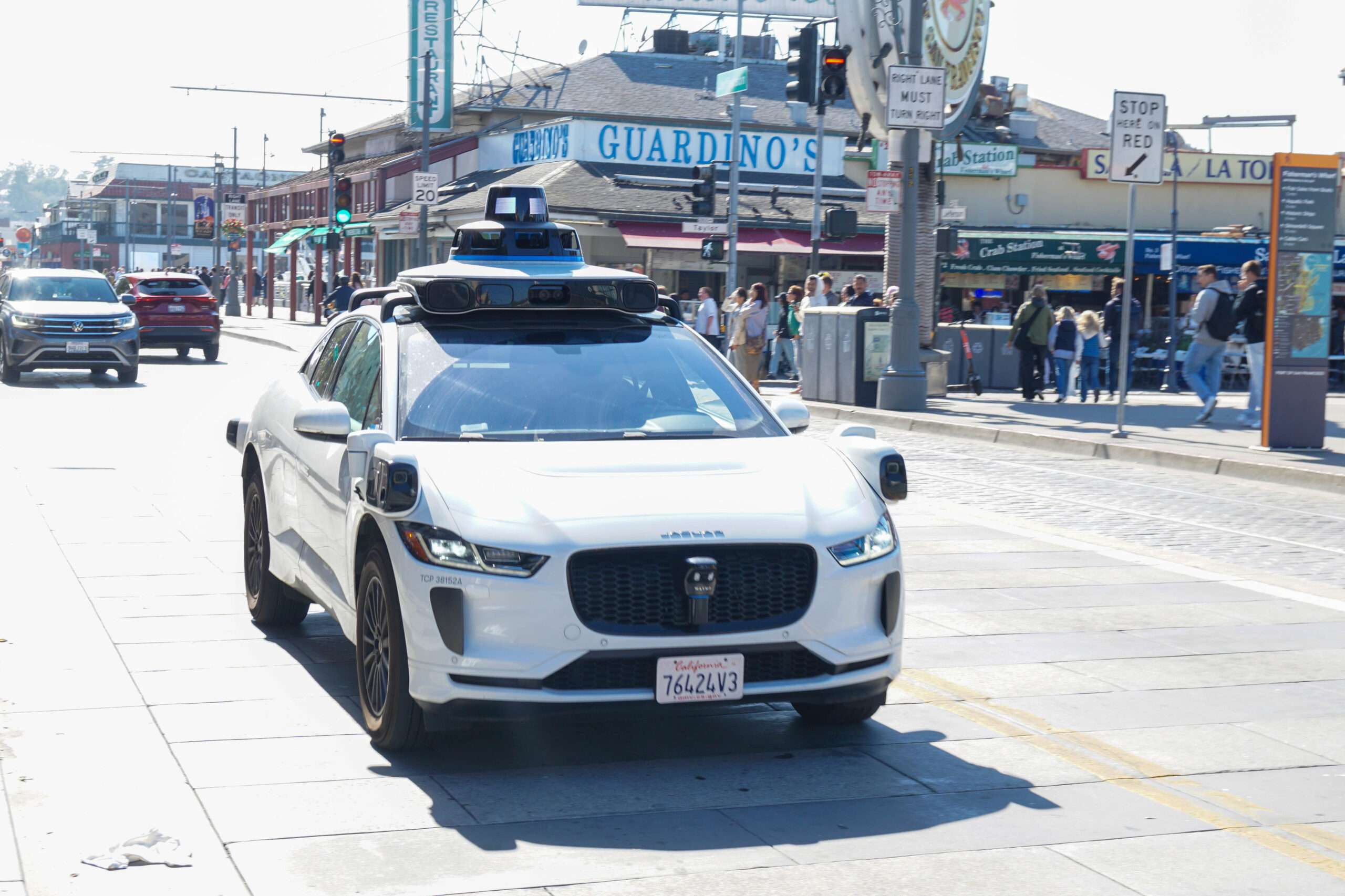

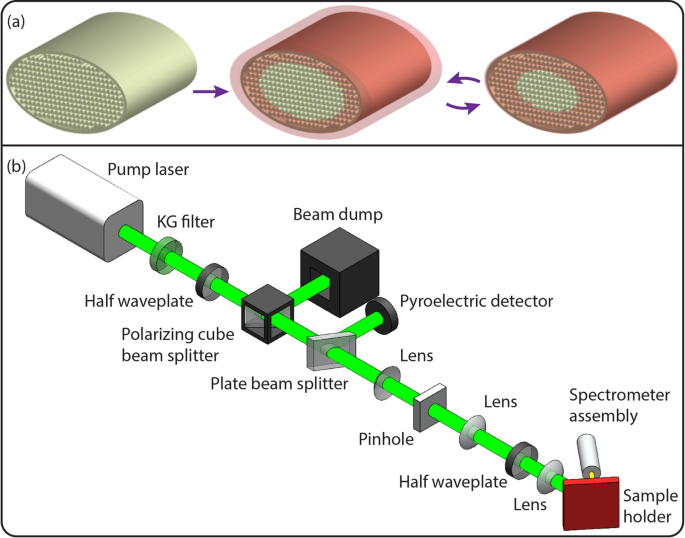

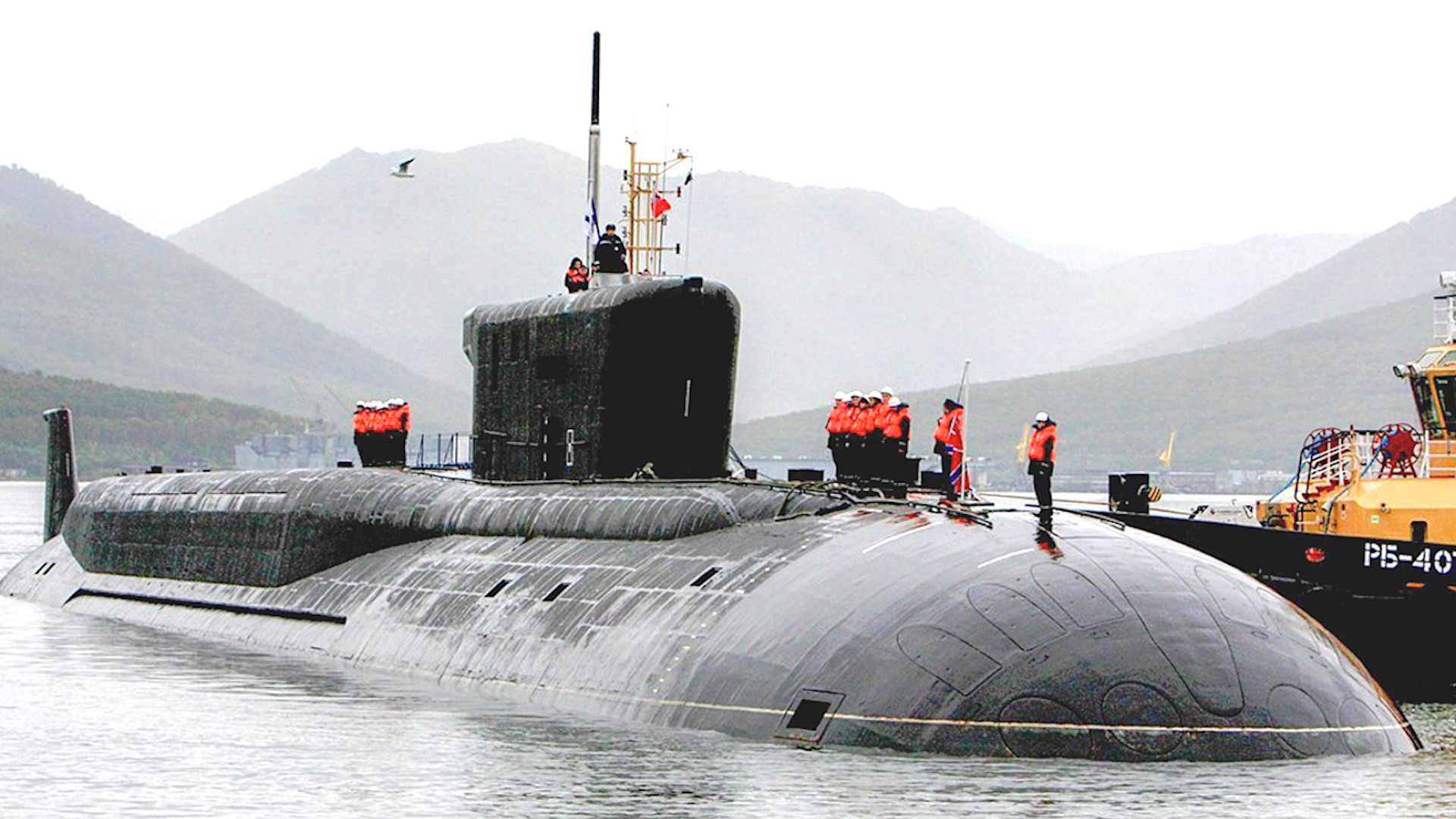
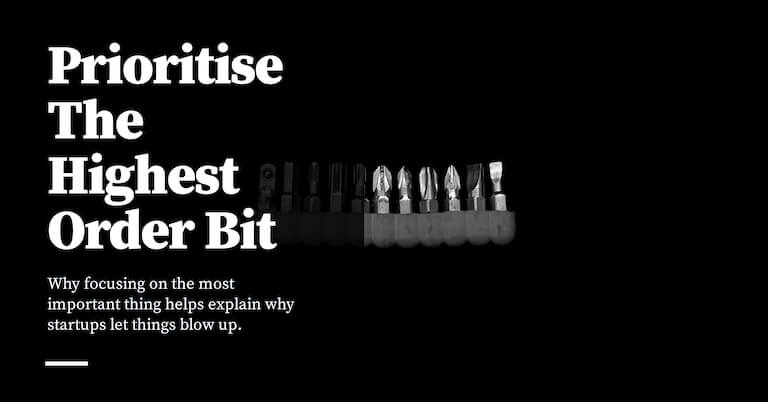
:max_bytes(150000):strip_icc()/GettyImages-2193601210-78cab92080b74a29a1eb7a61096dff52.jpg)